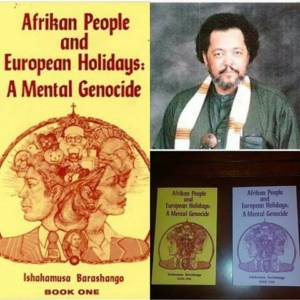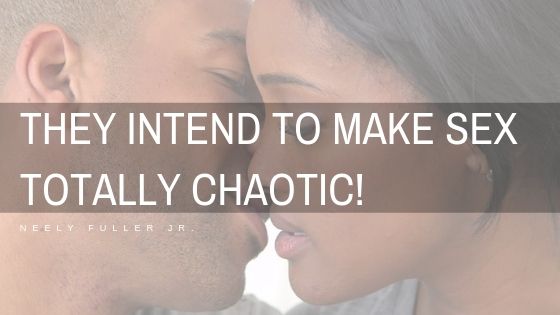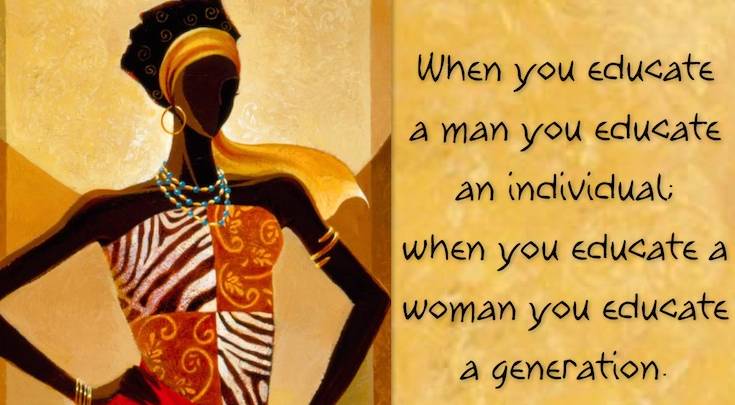Holidays are For the Birds
- Blog Updates, Hear 2 Help You, Standard Blog
- October 10, 2018
The Dark History of our Popular Holidays
Thanksgiving, Columbus Day, Halloween and Remembrance Day; our celebrated holidays. Other than getting the day off (which might be all you care about), why are we celebrating these holidays, and is our ignorance truly bliss?
Don’t get us wrong, celebration has its importance in our daily lives by affecting personal views or our life’s experiences. But we should have some knowledge of what we are celebrating.
We are the only set of people who have lost so much. From land, language, name, and our way of life, yet knowing this, we have to accept the challenge of knowing that we are responsible for changing the narrative for the future.
The great Malcom X once said that,
Of all the studies history is best qualified to reward all research.
Today we take another day to archive REAL HISTORY.
Ready to get in your feelings?
[wonderplugin_video iframe=”https://www.youtube.com/watch?v=Af-tVGu4zfs” videowidth=600 videoheight=400 keepaspectratio=1 videocss=”position:relative;display:block;background-color:#000;overflow:hidden;max-width:100%;margin:0 auto;” playbutton=”http://hear-2-help.com/wp-content/plugins/wonderplugin-video-embed/engine/playvideo-64-64-0.png”]
Where do we go from here?

Our beloved ancestor, Dr. Ishakamusa Barashango, author of Afrikan People and European Holidays: A Mental Genocide, advises us that:
Black Ancestors in their tender loving care have made available to us a very beautiful Black Family Celebration.
One of the celebrations he was referring to is called Umoja Karamu.
Created by Brother Edward Simms, Jr. of Philadelphia in 1971, and celebrated on the fourth Thursday of November. Umoja Karamu comes from two Kiswahili words, Umoja “unity” and Karamu “feast”.
In his own words, Brother Edward Simms Jr. tells us that:
The Umoja Karamu, a Ritual for the Black Family has been developed as an effort to inject new meaning and solidarity into the Black family through ceremony and symbol.
The celebration is divided into five parts to commemorate various aspects of our experience. The five are defined as:
1. The Black Family in the Mother Country
2. The Slavery Horror
3. The period of Emancipation Fight
4. The Liberation Struggle
5. The Black Family Looks at the Future
So not only is this a way to Sankofa, or take a look back, but this is a beautiful ceremony to look at the future.
This along with Kwaanza are just two of many holidays that were created with our psyche in mind and definitely speak to our soul.
Till next time.


